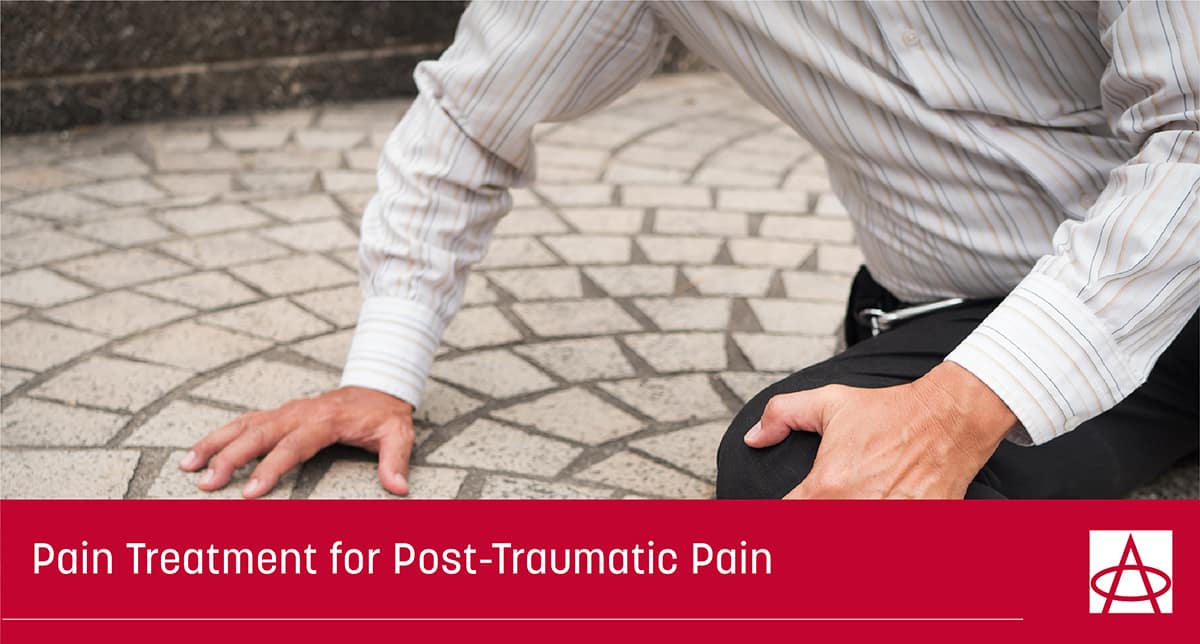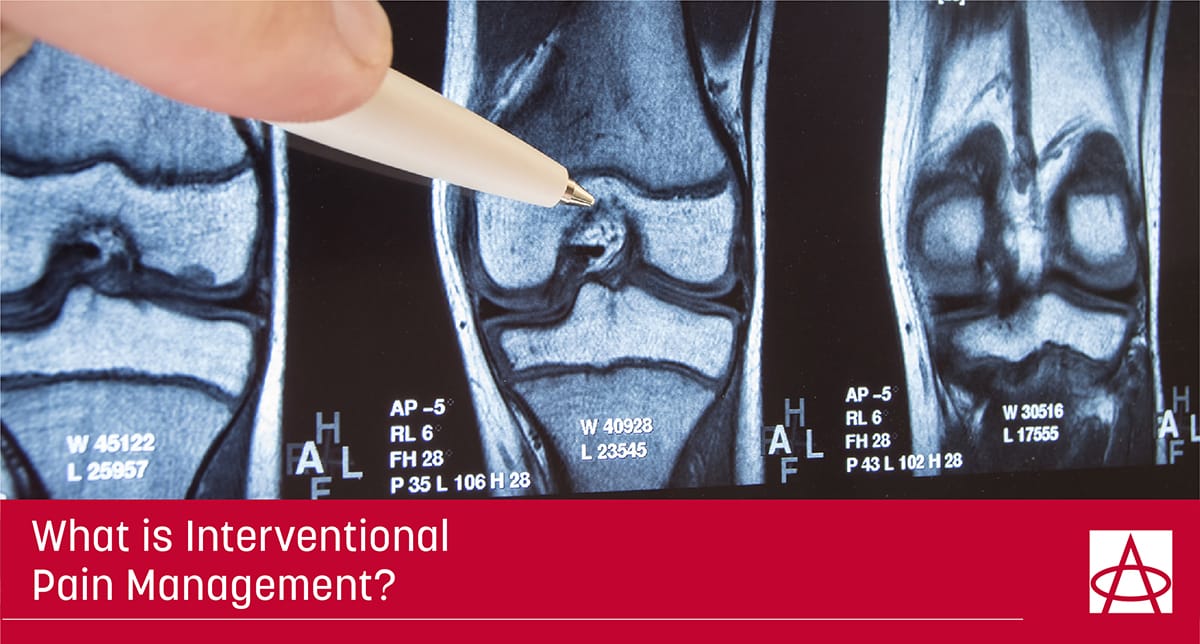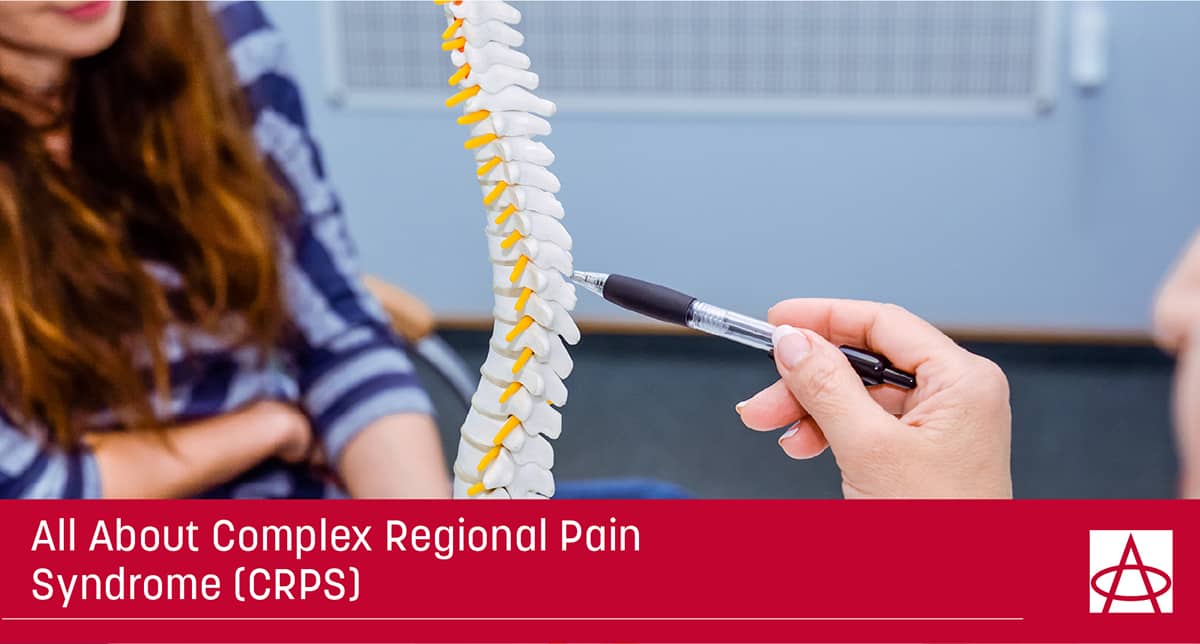Pain Treatment for Post-Traumatic Pain
By Advanced Pain Care There are many nerves in the body, and Post-Traumatic Pain may happen due to a multitude of reasons. A bike accident, a fall, even surgery could injure one of these nerves that could prolong your pain music longer than you ever thought. It’s important to get a proper diagnosis so you can start your pain management journey right. But first, let’s learn a little bit more about what Post-Traumatic Pain is, what causes it, and how we at APC can help treat it. What is Post-Traumatic Pain? Post-traumatic pain is any pain that lasts longer than it really should; usually
How We at APC Address Mental Health and Chronic Pain Together
By Robin Hendershot, LPC You might not think that a pain care clinic pays much attention to mental health, but one of the things that I love most about working here is being part of a team that knows the importance of addressing both chronic pain and mental health together. I’d estimate that 50%-70% of the clients here at Advanced Pain Care have some sort of combination of chronic pain and depression or anxiety symptoms. That’s a huge number. Let’s answer some questions about how we at Advanced Pain Care address mental health and chronic pain together. Can chronic pain come from depression or
Have Chronic Back Pain? It Might Be Sciatica
By Paul H Le, M.D. About 35% of the population over 40 will have back pain, many of which is chronic pain. There are all different types of back pain, but one of the more common ones is Sciatica. By learning more about signs and symptoms, it’ll be easier for you to get help early on so you can treat your pain easier. Read on to learn more about a common back pain that radiates all the way down to your legs and what you can do if you think you’re suffering from it. What is Sciatica? Essentially, Sciatica is radiating pain, typically down the
What is Interventional Pain Management?
For a long time, Interventional Pain Management had two options-- ice it, or let’s bring you in for surgery. Seems like a pretty big gap, right? Up until the 1980s, pain management seemed to only go down these two roads. For some patients, it meant going in for surgery that they didn’t necessarily need, and for others, it meant dealing with the pain as going into surgery would be too risky for them. Interventional Pain Management is the gap that fills the spectrum of pain-management approaches. It’s helped doctors use diagnoses to apply pain management methods that are more effective than, say,
All About Complex Regional Pain Syndrome (CRPS)
By Adam Spjute, MD What is Complex Regional Pain Syndrome? Complex regional pain syndrome is a syndrome that’s caused from nerves that continue to fire, particularly in extremities (which means the furthest point in a limb) that causes swelling, discoloration and decreased movement when there’s no obvious pathology. There are several components that are necessary for it to fall under Complex Regional Pain Syndrome. You need pain, discoloration, swelling, and generally there’s decreased mobility. How Long Has Complex Regional Pain Syndrome Been Around? The first recorded instance of Complex Regional Pain Syndrome was in the Civil War. There were a lot of scholarly papers and






